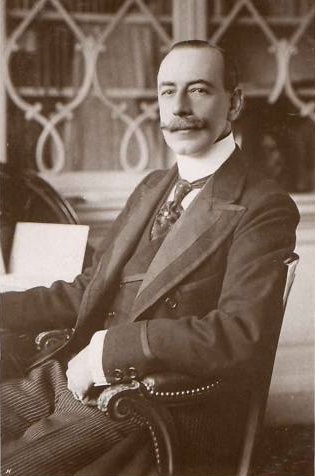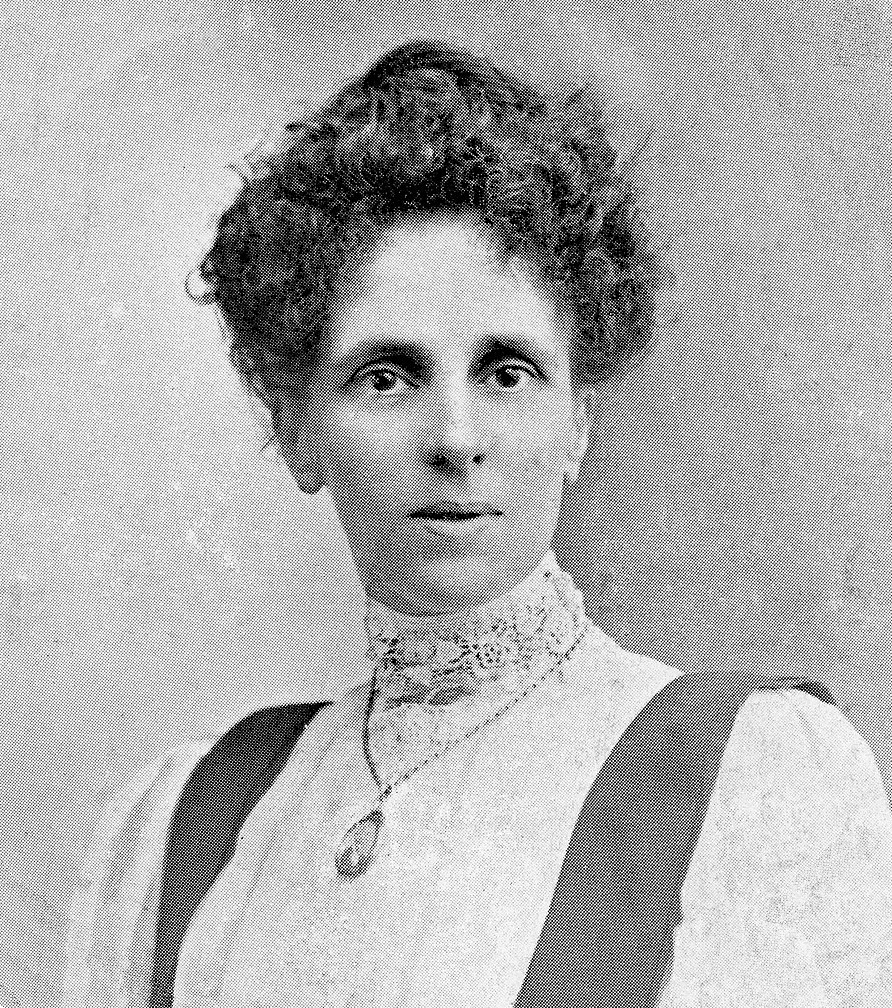Lewis Harcourt was a prominent figure in British politics, serving as the Member of Parliament for Rossendale from 1904 to 1917. His stance against women’s suffrage was a notable aspect of his political career, reflecting the prevailing attitudes of the time towards the issue of gender equality. Harcourt’s early experience as a private secretary to his father, William Vernon Harcourt, who was a Liberal MP and Home Secretary, likely shaped his own political beliefs and activism. His familial ties to a seasoned politician would have provided him with valuable insights into the workings of government and parliamentary processes.
During his time in Parliament as a Liberal MP for Rossendale, Harcourt played a significant role in Campbell-Bannerman’s government. He held key positions such as First Commissioner of Works and Colonial Secretary from 1910 to 1915. Harcourt’s tenure as a government official occurred during a tumultuous period in British political and constitutional history.
Harcourt’s stance on women’s suffrage was notably conservative, as he was known for his closed-minded and prejudiced views on the subject. Many suffragettes considered him to be a significant obstacle in their fight for the right to vote, as he demonstrated an attitude far from liberal when it came to women’s suffrage. As a result of this Rossendale became one of the focus areas for the suffragettes.
On the 18th of August 1908 a large gathering convened on the Bacup market ground, their purpose was to directly confront Lewis Harcourt.
Just under a year later in June 1909, the well-known Stockport suffragette Jennie Baines faced legal repercussions. She had been summoned to appear before the local magistrates for violating a by-law by writing on the pavement. The magistrates, however, offered Mrs Baines an opportunity to avoid court proceedings. They requested the town clerk to write to her, seeking an understanding that if she agreed not to repeat the offence, the case would be dismissed.
Unfortunately, Mrs. Baines did not respond to the Town Clerk’s letter. The Chief Constable provided evidence that when first cautioned, she asserted that suffragettes had always advertised by writing on footpaths and would continue to do so. Consequently, she was found guilty in her absence and fined 2 shillings and 6 pence, or alternatively, faced seven days of imprisonment

